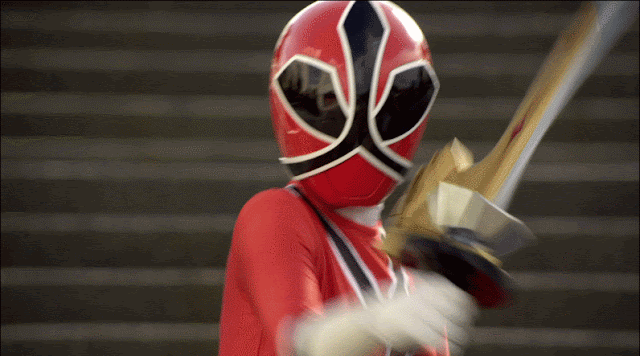Logan: Prose and Redemption
The story of a father and daughter searching for a better life against all odds.
There's a scene in 20th Century Fox's Logan where the titular main character finds his "daughter" Laura's collection of X-Men comic books. Logan dismisses the comics as not being representative of reality. "Maybe about a quarter of it happened," he gruffly notes as he flips through some of the pages, "and not like this." Logan discourages Laura from reading the books; the world doesn't work that way. Life doesn't have happy endings. However, the events of the film eventually prove Logan wrong. Life may not have fairy tale endings, but happiness can still persist even in a world as disheartening and tragic as the one that Logan lives in. It is very telling that this ultimately hopeful message was initially communicated to the audience using comic books, the source material responsible for Logan's very existence.
In the aforementioned scene, Charles chastises Logan for being too much of a curmudgeon and a cynic, and informs him that the present moment might not be the best time to remind Laura "of the impermanence of life." Logan is constantly fighting against the idea of deluding himself or anyone else into thinking that fantasies can become reality, symbolized by Laura's comic books. When Logan goes to the bar later, he brings along some of the comics and reads them, shaking his head at the absurd events that happen in the "fantasy land" of these comic books. Notably, however, Logan stops at a page where Wolverine is helping Rogue after she is knocked off a cliff, pulling her back up to safety. One can see Logan pause and consider what's happening, no doubt the events of the first X-Men film filling his mind. Rogue was, in many ways, the precursor to Laura. They were both daughter figures to Logan, and both forced Logan into a situation where he was forced to take care of them, and eventually both managed to "de-Grinch" Logan's regular cynicism. Logan is clearly afraid that engaging with Laura will cause him to lose the edge that has kept him alive through the post-mutant years. At the same time, Logan is now mixing the identities of Laura and Rogue in his head; it drives conflict.
What pushes Logan to further deny the legacy of the X-Men apparent in these books is his discovery of the coordinates, which he cross-references with the location of the supposed "Eden" that Laura is to go. Logan lashes out, accusing Laura of wanting the dream of these comic books to be reality. One can see how offended Logan is of this; he knows that the past (contained in these books, however inaccurate) cannot be returned to. These books are not just representative of the X-Men, they are representative of a happier time in Logan's life, when he had a place where he belonged and friends he could trust. After a series of tragic events and Logan and Laura reach the coordinates, it turns out that they were not simply daft numbers. It was the arranged meeting place for Laura and her band of mutant friends. The comic books happened to place Logan in the care of a group of children, not unlike Rogue and the X-Men - all of whom were younger than Logan when he first joined. Once again, Logan finds himself surrounded by young souls, lost in the world. He sees himself in them, but more importantly he sees the X-Men. In Logan's mind, the thought must be churning: "The X-Men have returned." They have fun with him, cutting his beard into humorous patterns. There is joy in Logan's life again... joy that he was willing to give his life for, ultimately, so that Laura could continue to experience it.
And when Wolverine finally breathed his final breath, he smiled and realized what happiness felt like. By his death, he redeems himself and the actions that had caused him to seclude himself from the world; he helped bring the X-Men and the past back into existence. Laura buries him not with a cross, but with an X. In the end, Logan became an X-Man again.



Comments
Post a Comment